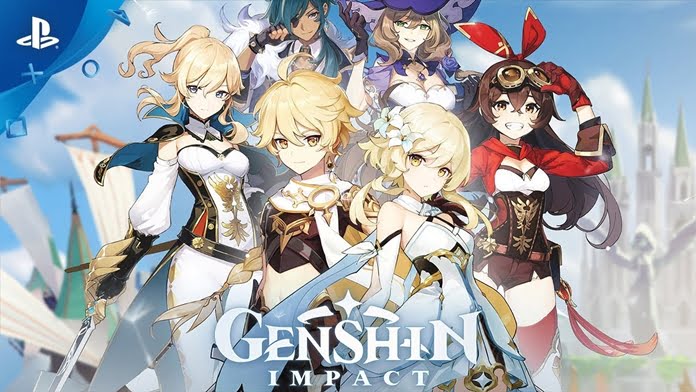Popular open-world action RPG Genshin Impact has been attacked by cheaters using unauthorized tools to gain an unfair advantage. Developer HoYoverse, cheat creators Joaquin Soarin and others He is challenging these practices by suing in Canadian court.
The lawsuit alleges that Soarin and its partners violated HoYoverse’s copyright by creating and distributing cheat tools such as Akebi GC, Acrepi, and Genshin XYZ. These tools gave their users an advantage over legitimate players by offering various advantages, such as fast in-game progress and bypassing purchase prompts.
HoYoverse claims that these cheats not only harm the balance and competitive integrity of the game, but also damage their reputation and finances. In addition to detecting and banning cheaters, the company also invests heavily in developing patches to counter their exploits. Soarin and other defendants in this case Collecting over $50,000 in damages is intended.

This isn’t HoYoverse’s first action against cheaters. They have implemented stricter anti-cheat measures and issued ban waves in the past. But this case points to a more aggressive approach that directly targets the creators of these tools.
The case raises important questions about intellectual property rights in the gaming industry. Players usually modding and customization While it acknowledges certain restrictions on copyright infringement, the creation and distribution of tools that provide unfair advantages through copyright infringement is a different matter.
This case could have broader implications for the online gaming landscape. If HoYoverse prevails, it could set a precedent for other developers to take similar legal action against cheat creators. This could deter future attempts to develop and distribute unauthorized cheat tools and provide a fairer and more enjoyable gaming experience for everyone.
It is worth noting that the legal consequences may be unpredictable and this case is still ongoing. But HoYoverse’s message is clear: They will not tolerate cheaters and are prepared to take legal action to protect their intellectual property and the integrity of their games.
